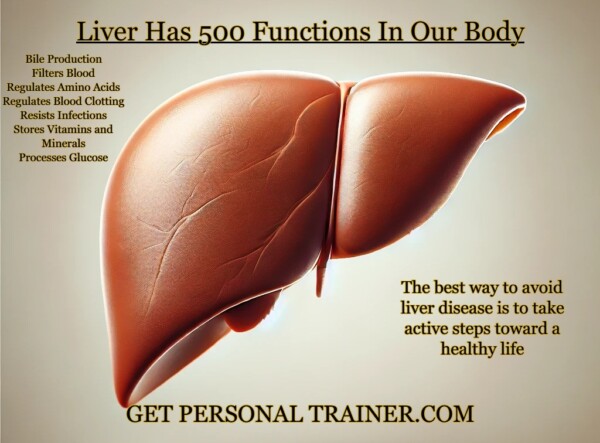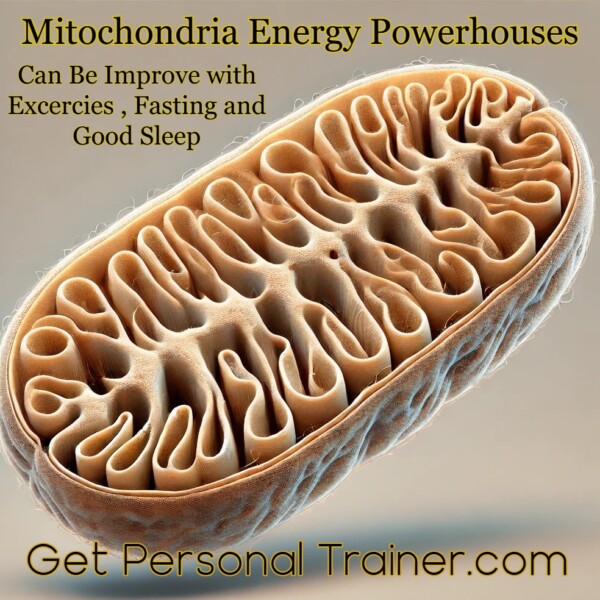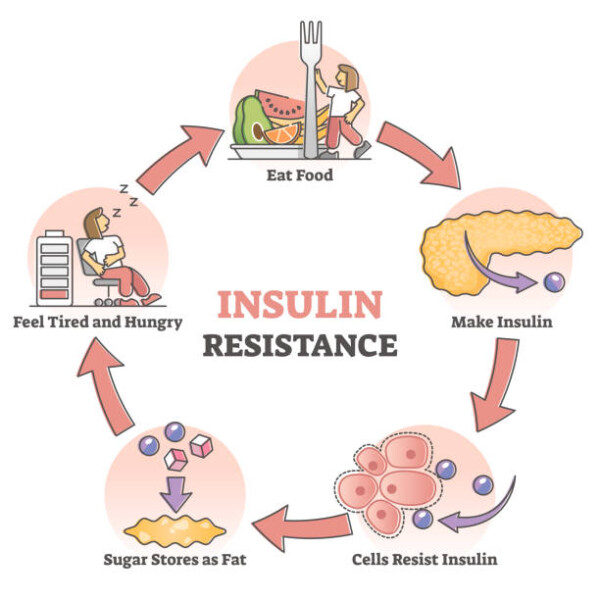
The Vital Role of B Vitamins in the Human Body
B vitamins are the unsung heroes of good health, working behind the scenes to keep your body and mind functioning at their best. These water-soluble vitamins play essential roles in energy production, brain health, and overall cellular function. Here’s why they’re so important and how they impact your well-being.
The B Vitamin Family and Their Roles
The “B complex” consists of eight unique vitamins, each with specific functions:
- B1 (Thiamine):
- Helps convert carbohydrates into energy.
- Supports nervous system function and brain health.
- A deficiency can cause fatigue, irritability, and even nerve damage.
- B2 (Riboflavin):
- Plays a role in energy production and cellular repair.
- Important for healthy skin, eyes, and red blood cell production.
- A lack of B2 can lead to cracked lips, sore throat, or sensitivity to light.
- B3 (Niacin):
- Supports energy production and cholesterol regulation.
- Improves skin health and nervous system function.
- Deficiency can lead to pellagra, characterized by dermatitis, diarrhea, and dementia.
- B5 (Pantothenic Acid):
- Involved in producing and breaking down fats, proteins, and carbohydrates.
- Essential for hormone production and wound healing.
- B6 (Pyridoxine):
- Supports brain development and immune function.
- Helps regulate mood by aiding serotonin and dopamine production.
- A deficiency can cause depression, confusion, or anemia.
- B7 (Biotin):
- Often called the “beauty vitamin,” it supports healthy hair, skin, and nails.
- Vital for carbohydrate, fat, and protein metabolism.
- B9 (Folate):
- Crucial for DNA synthesis and cell division, especially during pregnancy.
- Prevents birth defects and supports heart health by reducing homocysteine levels.
- B12 (Cobalamin):
- Essential for red blood cell production, nerve health, and DNA synthesis.
- Deficiency can cause fatigue, memory problems, and nerve damage, particularly in vegetarians and older adults who may struggle to absorb it.
Why B Vitamins Are Essential
- Energy Boosters:
B vitamins are like the spark plugs in your body’s engine, helping convert food into energy. Without them, you’d feel sluggish and tired. - Brain and Mood Support:
Many B vitamins (especially B6, B9, and B12) are involved in producing neurotransmitters like serotonin and dopamine, which regulate mood and cognitive function. - Cellular Repair and Growth:
These vitamins aid in forming new cells and repairing damaged ones, ensuring your body’s systems run smoothly. - Heart Health:
Folate, B6, and B12 work together to reduce levels of homocysteine, a compound linked to heart disease when elevated. - Healthy Skin, Hair, and Nails:
B vitamins like Biotin (B7) keep your skin radiant and hair strong, playing a cosmetic and functional role.
Sources of B Vitamins
B vitamins are found in a variety of foods, making it easy to incorporate them into your diet:
- B1: Whole grains, nuts, seeds.
- B2: Milk, eggs, green vegetables, almonds.
- B3: Meat, fish, nuts, and fortified grains.
- B5: Avocados, mushrooms, chicken, sweet potatoes.
- B6: Chickpeas, bananas, potatoes, salmon.
- B7: Eggs, almonds, sweet potatoes, spinach.
- B9: Leafy greens, lentils, beans, fortified cereals.
- B12: Meat, fish, dairy, and fortified plant-based products (like nutritional yeast).
What Happens Without Enough B Vitamins?
A deficiency in B vitamins can lead to a range of issues, including:
- Fatigue and weakness.
- Neurological symptoms like confusion or memory problems.
- Anemia and pale skin.
- Poor digestion and skin problems.
Supplementation: Is It Necessary?
While a balanced diet typically provides enough B vitamins, certain groups might need supplements, including:
- Vegetarians and vegans (B12 is mostly found in animal products).
- Pregnant or breastfeeding women (for adequate folate and B12).
- Older adults (due to reduced absorption of B12).
- Individuals with gut disorders like Crohn’s or celiac disease, which can impair absorption.
B vitamins are essential for feeling energized, thinking clearly, and maintaining your overall health. Whether through your diet or supplements, make sure you’re giving your body the boost it needs.
Take care of your B vitamins, and they’ll take care of you




Leave a Reply
You must be logged in to post a comment.